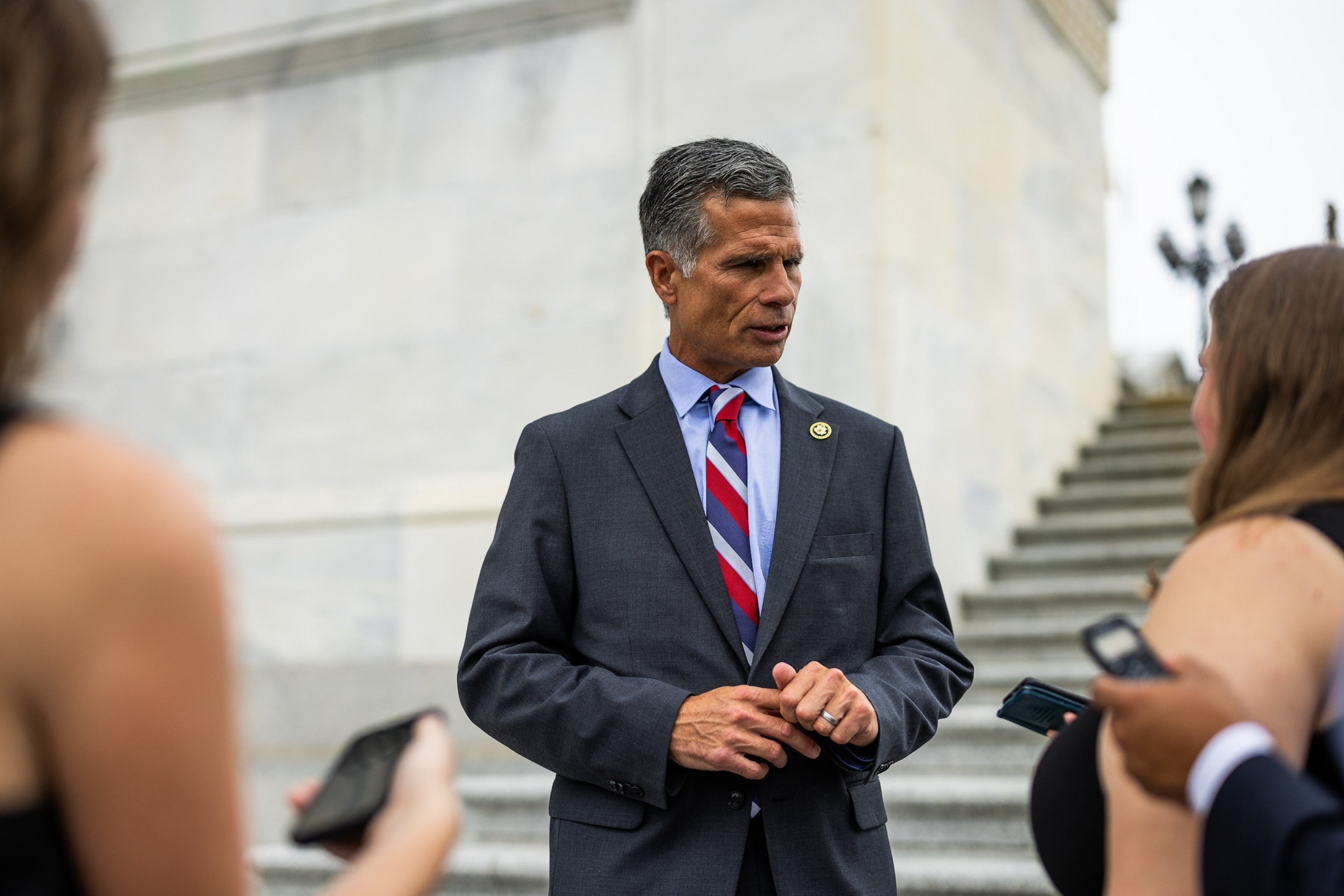F
Following the election of President Donald Trump, U.S. multinational corporations quickly took action.
purging
references to the environment from their websites. Breakthrough Energy, a collaborative effort involving Bill Gates along with several other wealthy individuals committed to combating climate change, has lately
laid off
A considerable number of its employees. Some
$4 billion
In the U.S., commitments made to the U.N. Climate Fund have been withdrawn. The reaction to these developments has been nearly universal.
Trump is bad
—extremely poor, indeed—for the environment. Certainly, the second part
Trump administration
has
already
reversed many key environmental rules, expanded logging activities in national forests, accelerated oil and gas extraction, and took actions to
sweeping cuts
to the
EPA
.
However, whether you admire him or despise him, Trump is not the sole issue. He serves as an indicator of voters’ discontent and disenchantment. It’s important to recognize that for many years, international multi-country climate policies have been characterized predominantly by
talking the talk
than
walking the walk
Indeed, one might understandably become somewhat skeptical about the grand promises, shiny action plans, never-ending incentive programs, and perpetual climate summits.
Whatever Trump
believes
individually concerning the climate crisis, he might inadvertently become part of the solution, acting as a Schumpeterian driving force for change.
creative destruction
. His victory might signal the end for superficial, feel-good, socially palatable climate strategies and open up a chance for practical, environmentally aware individuals to craft far more impactful measures domestically and globally. This shift could involve reducing greenwashing activities and bureaucratic processes while significantly prioritizing outcomes. It could also mean enhancing autonomous oversight of businesses’ real impacts. For example, appealing to corporate self-interest to adopt advanced technology capable of precisely measuring emissions could be part of this strategy. Thus, the renewed focus on climate policy ought to aim towards:
here
, in
this
market, with
these
What tools could provide the quickest, largest, most cost-effective improvements?
For example, the insurance firm AXA XL based in Connecticut, is utilizing
satellite technology
To forecast, and with early alerts, reduce the environmental, social, and economic effects of natural calamities such as wildfires.
The primary danger lies not just in Trump himself but in persistently investing resources into technologies that fail to expand universally or function properly everywhere, all while overlooking more efficient, data-driven solutions for today’s critical challenges. Consider electric vehicles (EVs); they are important, yet deploying them extensively won’t be enough.
no silver bullet
The environmental impact of electric vehicles hinges on their source of energy, the manufacturing process of their batteries, and available substitutes. When these vehicles operate using low-carbon electricity sources, they can reduce emissions effectively and offer additional advantages. However, reconsidering transportation systems as a whole might yield even greater improvements. It’s improbable that Trump would supply the necessary guidance or funding for such changes. Yet, once we move beyond minor advancements and superficial eco-friendly measures, we open ourselves up to envisioning innovative, comprehensive, superior, and environmentally friendly answers.
On the contrary, let’s look at methane. It represents one of the simplest opportunities for progress on climate change that we currently have, but surprisingly, not many people have seized this chance. Admittedly, the Biden administration made a near miss with the introduction of the methane fee—an evidence-supported regulatory measure.
recently scrapped
By Congress. However, that policy remained overly complex, and furthermore, oil and gas firms hesitated to provide transparency. With the help of artificial intelligence making satellite images understandable and usable, we can nearly monitor these leaks in real time.
Data
indicates that up to half of all potential reductions in methane emissions from oil and gas operations could be achieved with minimal or no expense because preventing leaks boosts revenues from selling the uncombusted natural gas.
Intelligently crafted regulations might involve imposing what amounts to a methane speeding fine on entities releasing this gas excessively into the environment, particularly when they possess both the economic capability and ethical duty to mitigate these negative impacts. Should President Trump hinder domestic advancements, key trading allies such as the European Union, South Korea, and Japan could introduce environmentally friendly trade policies, including carbon tariffs or stricter import criteria. This approach has the potential to encourage indirect adherence from the American market, regardless of the present leadership’s stance.
Meanwhile, private capital is chasing
decarbonisation
as never seen before. One investor
recently called
Decarbonization initiatives in Europe present “a greater opportunity than the internet.” Companies in the U.S., Canada, and Europe are involved in these efforts.
harnessing
Artificial intelligence and satellite information are being utilized to enhance the accuracy of emission monitoring. Additionally, they are committing resources to state-of-the-art low-carbon developments like sophisticated battery storage systems, compact modular nuclear reactors, and latest-generation carbon capture techniques.
the decreasing cost
Of clean technologies such as wind, solar, and batteries.
growing consumer demand
For sustainability, businesses that fail to adopt these changes may lag behind. It’s important to recall that numerous significant advancements over the past twenty years have originated not from governmental mandates, but from private entities swiftly acting under favorable circumstances: such as the transition from coal to inexpensive natural gas via hydraulic fracturing, the decrease in cost of solar panels, and the implementation of real-time monitoring systems for forest fires and deforestation.
If another Trump administration takes charge, it shouldn’t lead us to abandon our climate objectives; instead, it calls for moving beyond optimistic fantasies toward practical reality. Foreign entities ought to concentrate on ensuring that emitters face clear and actionable consequences. It also involves backing innovative tech advancements aimed at reducing emissions and supporting corporate growth. In fact, astute long-term investors understand that extreme weather events harm profitability and cannot be contained within borders. Therefore, efforts should prioritize efficient strategies over utopian ideals. Furthermore, outdated regulations that irritate customers, strain companies, and barely affect the environment need to go. The public has had enough of empty promises—they demand tangible outcomes. These achievements won’t result from mere hopefulness or short-sighted planning. Instead, success hinges upon implementing proven methods. That’s the challenge facing realistic individuals committed to environmental progress regardless of political leadership.


